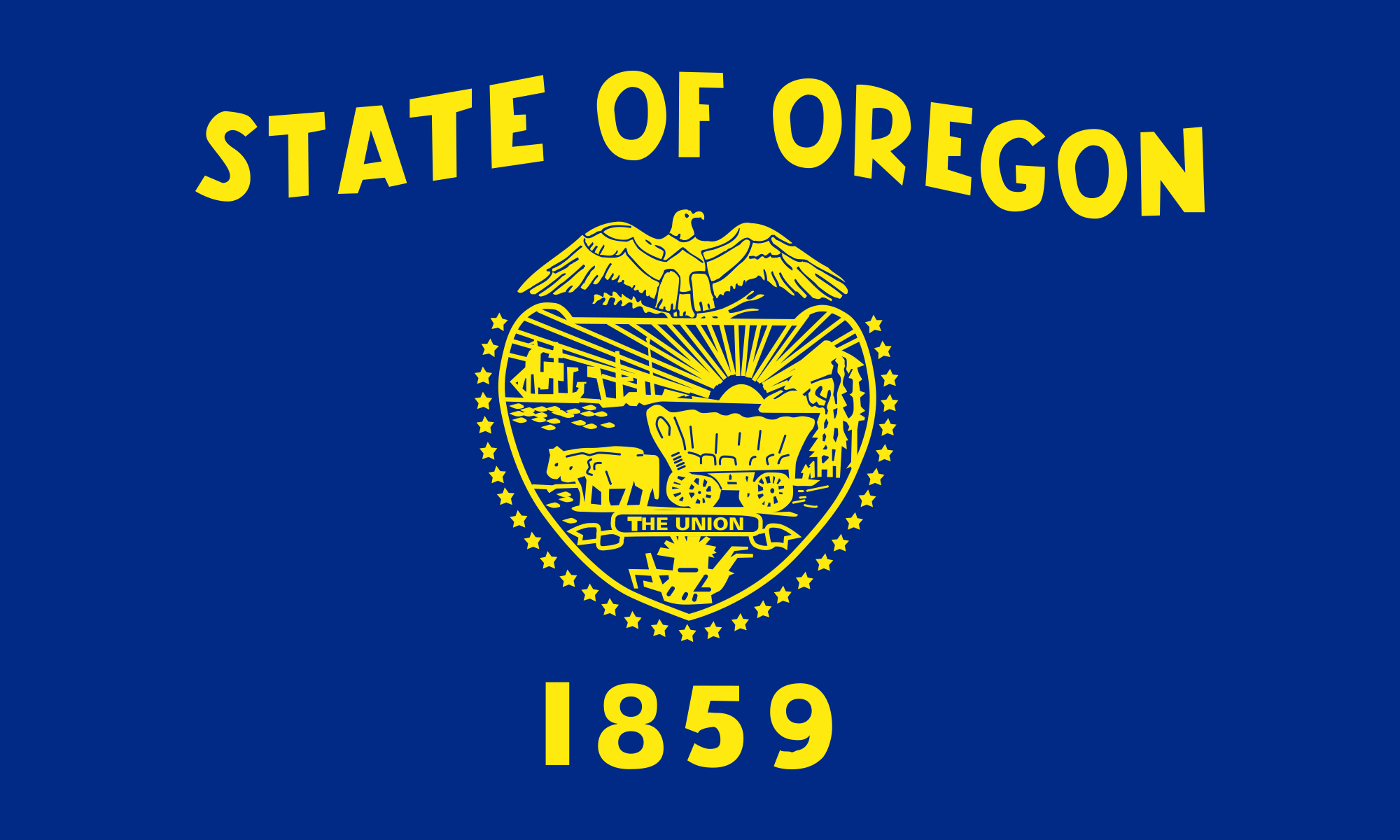
On May 18, the Oregon counties of Baker, Grant, Lake, Malheur and Sherman will hold a special election to decide if they want to try to part ways with the Beaver State and join next-door Idaho.
Move Oregon's Border, also known as Greater Idaho, confirmed that an initiative aiming to absorb most of Oregon's land mass into Idaho received enough signatures to reach the special election ballot in the aforementioned counties, meaning voters will soon have the opportunity to make their voices heard.
In Baker County, population 16,000, organizers secured 630 signatures, which was enough to get the initiative on the ballot there. Similar signature numbers were achieved in the other counties.
Back in November, voters in two counties approved measures requiring county commissioners to hold meetings about relocating the state's borders. The other two counties defeated the measure.
"Oregon is a powder keg because counties that belong in a 'red' state like Idaho are ruled by Portlanders," complained Mike McCarter, president of Move Oregon's Border, in a statement.
The city of Ontario in Malheur County, which borders southern Idaho, is unlikely to end up supporting the initiative because if Greater Idaho were to ever become a reality, it would have to shut down all of its thriving cannabis businesses to comply with Idaho prohibition. In January alone, Ontario brought in $9.5 million in cannabis sales.
Ontario, by the way, supplies cannabis to the greater Boise area, as all forms of the healing plant remain fully and totally illegal in Idaho. Ontario, population 11,080, now has more than half a dozen cannabis shops that are thriving due to all of the Idahoans who drive there to purchase goods.
Right across the river from Ontario on the Idaho side is a town called Fruitland that has been struggling for years to pay for desperately needed infrastructure. Because Idaho tends to be very resistant to change, there is simply no money to be had in Fruitland to keep things properly maintained.
Meanwhile in Ontario, new parks and other amenities are being feverishly built thanks to all that new cash coming in from an industry that is open and accepted in Oregon, but that continues to be vilified in Idaho.
Be careful what you wish for, rural Oregon
Should Greater Idaho ever become a thing, any Oregon county that currently benefits from industries like cannabis that are prohibited in Idaho would have to conform to the Idaho way. This would spell disaster for places like Ontario.
Even industrial hemp is illegal in Idaho – the only state left in the Union where this is still the case. What this means, of course, is that all of those rural Oregon counties currently growing hemp would have to stop if they got absorbed into Idaho.
"Divisions in Oregon are getting dangerous, so we see the relocation of the border as a way to keep the peace," McCarter insists, obviously not concerned about these other ramifications.
"Oregon and Idaho are already divided by a state line. The problem is that the location of the state line was decided 161 years ago and is now outdated. Its current location doesn't match the culture divide in Oregon."
When questioned why he and the other several hundred disgruntled Oregonians in his movement do not just move to Idaho if they like it there so much, McCarter said he loves his community and is tied to it.
"It's just the state government that we can't stand," he explained.
In order to ever move the state lines in the way McCarter wants, both Oregon and Idaho would have to approve it legislatively. Congress would also have to approve.
More related news about the growing civil unrest in America can be found at Collapse.news.
Sources for this article include:
Please contact us for more information.





















